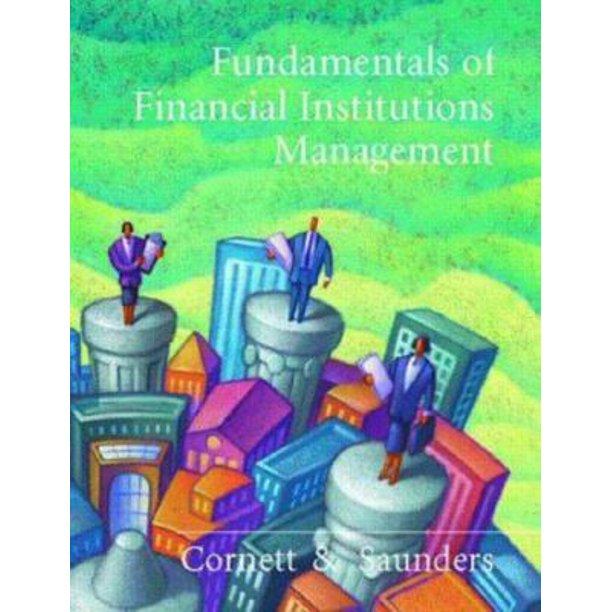Question
(For this part, you MUST present sufficient solution steps, and MUST apply specific Excel functions =NPV(), =IRR(), =AVERAGE(), =YIELD() whenever applicable. We are given the
(For this part, you MUST present sufficient solution steps, and MUST apply specific Excel functions =NPV(), =IRR(), =AVERAGE(), =YIELD() whenever applicable.
We are given the information that Microthins stock price was $21 in December 2013, $29 in December 2014, $27 in December 2015, $20 in December 2016, and $26 in December 2017. It also pays annual dividend amounts varying from 2013 through 2017.
Let's assume you do the following transactions:
a) In December 2013: buy 30,000 Microthin shares;
b) In December 2014: collect the dividends ($0.39 per share) on your shares, and then sell 10,000 shares;
c) In December 2015: collect the dividends ($0.43 per share) on your remaining shares, and then buy another 15,000 shares;
d) In December 2016: collect the dividends ($0.50 per share) on your remaining shares, and then sell another 10,000 shares.
e) In December 2017: collect the dividends ($0.52 per share) on your remaining shares, and then sell all your remaining shares.
Q1: What should be the IRR during the "December 2013 December 2017" period for your Microthin stock investment?
Q2: The year-by-year annual returns after the World War II are provided on the Excel answer sheet, the tab Case 3. Use =AVERAGE function to compute the post-WW2 average return for S&P stock market index (Rm) and for US risk-free T-bill (Rf), respectively. With such Rm and Rf amounts, and if Microthins stock beta = 1.25, what shall be the required return amount on Microthin stock if you apply the CAPM formula? NOTE: CAPM is for long-term stock market equilibrium, so you should NOT only use the short 2013-2017 four-year-average stock data only for CAPM purpose. You must use the provided post-WW2 long-term period as the CAPM data source.
Q3: Based on your answers to Q1 and Q2, has your Microthin stock investment over the "Dec 2013 Dec 2017 period been good or bad (using NPV and IRR rules)?
DATA SOURCE:
| Post-WWII Annual Returns: |
|
|
| Year | S&P 500 Stocks | 3-month T.Bill |
| 1946 | -8.43% | 0.38% |
| 1947 | 5.20% | 0.57% |
| 1948 | 5.70% | 1.02% |
| 1949 | 18.30% | 1.10% |
| 1950 | 30.81% | 1.17% |
| 1951 | 23.68% | 1.48% |
| 1952 | 18.15% | 1.67% |
| 1953 | -1.21% | 1.89% |
| 1954 | 52.56% | 0.96% |
| 1955 | 32.60% | 1.66% |
| 1956 | 7.44% | 2.56% |
| 1957 | -10.46% | 3.23% |
| 1958 | 43.72% | 1.78% |
| 1959 | 12.06% | 3.26% |
| 1960 | 0.34% | 3.05% |
| 1961 | 26.64% | 2.27% |
| 1962 | -8.81% | 2.78% |
| 1963 | 22.61% | 3.11% |
| 1964 | 16.42% | 3.51% |
| 1965 | 12.40% | 3.90% |
| 1966 | -9.97% | 4.84% |
| 1967 | 23.80% | 4.33% |
| 1968 | 10.81% | 5.26% |
| 1969 | -8.24% | 6.56% |
| 1970 | 3.56% | 6.69% |
| 1971 | 14.22% | 4.54% |
| 1972 | 18.76% | 3.95% |
| 1973 | -14.31% | 6.73% |
| 1974 | -25.90% | 7.78% |
| 1975 | 37.00% | 5.99% |
| 1976 | 23.83% | 4.97% |
| 1977 | -6.98% | 5.13% |
| 1978 | 6.51% | 6.93% |
| 1979 | 18.52% | 9.94% |
| 1980 | 31.74% | 11.22% |
| 1981 | -4.70% | 14.30% |
| 1982 | 20.42% | 11.01% |
| 1983 | 22.34% | 8.45% |
| 1984 | 6.15% | 9.61% |
| 1985 | 31.24% | 7.49% |
| 1986 | 18.49% | 6.04% |
| 1987 | 5.81% | 5.72% |
| 1988 | 16.54% | 6.45% |
| 1989 | 31.48% | 8.11% |
| 1990 | -3.06% | 7.55% |
| 1991 | 30.23% | 5.61% |
| 1992 | 7.49% | 3.41% |
| 1993 | 9.97% | 2.98% |
| 1994 | 1.33% | 3.99% |
| 1995 | 37.20% | 5.52% |
| 1996 | 22.68% | 5.02% |
| 1997 | 33.10% | 5.05% |
| 1998 | 28.34% | 4.73% |
| 1999 | 20.89% | 4.51% |
| 2000 | -9.03% | 5.76% |
| 2001 | -11.85% | 3.67% |
| 2002 | -21.97% | 1.66% |
| 2003 | 28.36% | 1.03% |
| 2004 | 10.74% | 1.23% |
| 2005 | 4.83% | 3.01% |
| 2006 | 15.61% | 4.68% |
| 2007 | 5.48% | 4.64% |
| 2008 | -36.55% | 1.59% |
| 2009 | 25.94% | 0.14% |
| 2010 | 14.82% | 0.13% |
| 2011 | 2.10% | 0.03% |
| 2012 | 15.89% | 0.05% |
| 2013 | 32.15% | 0.07% |
| 2014 | 13.52% | 0.05% |
| 2015 | 1.38% | 0.21% |
| 2016 | 11.77% | 0.51% |
| 2017 | 21.64% | 1.39% |
Please show excel formulas...
Step by Step Solution
There are 3 Steps involved in it
Step: 1

Get Instant Access to Expert-Tailored Solutions
See step-by-step solutions with expert insights and AI powered tools for academic success
Step: 2

Step: 3

Ace Your Homework with AI
Get the answers you need in no time with our AI-driven, step-by-step assistance
Get Started


